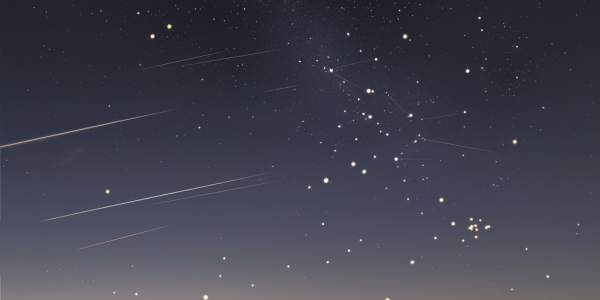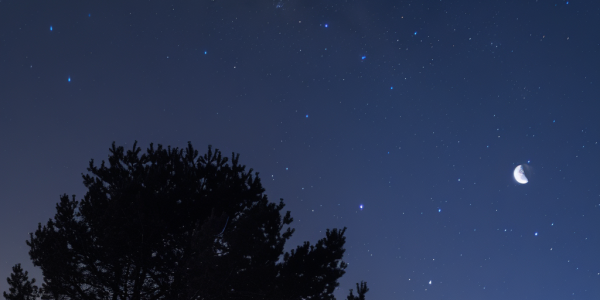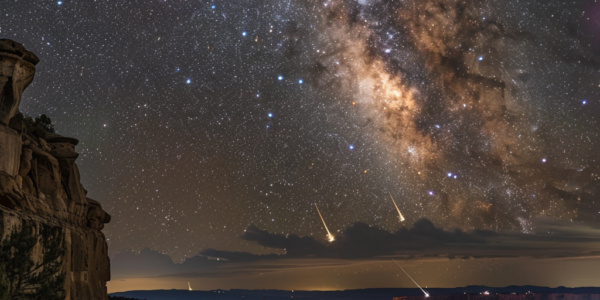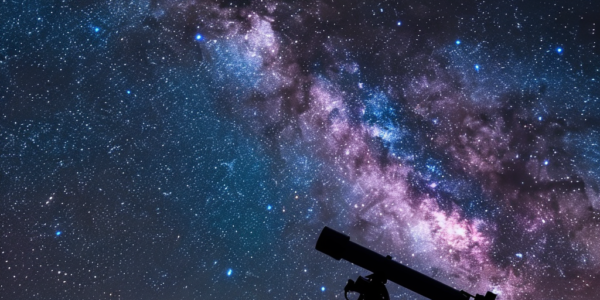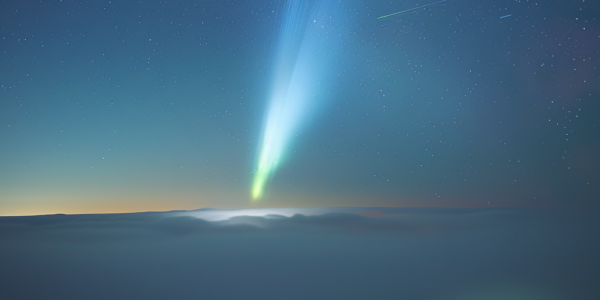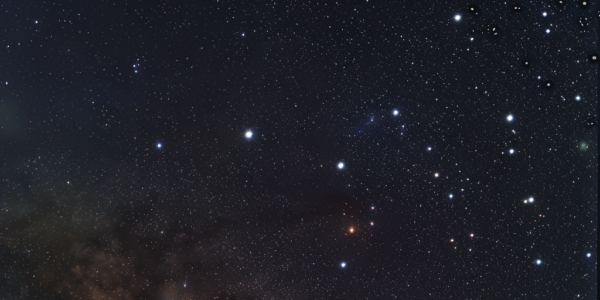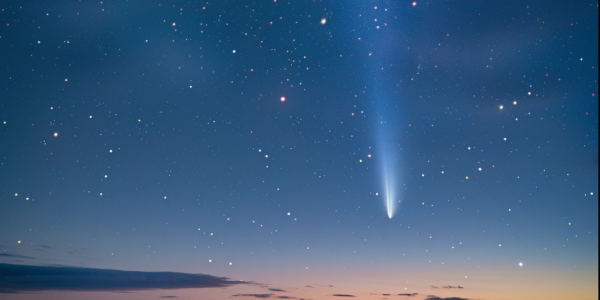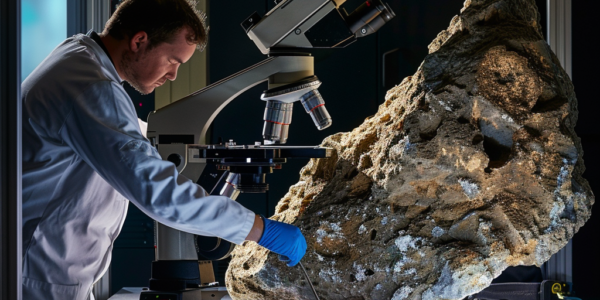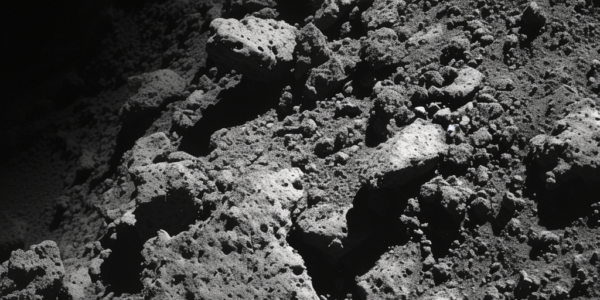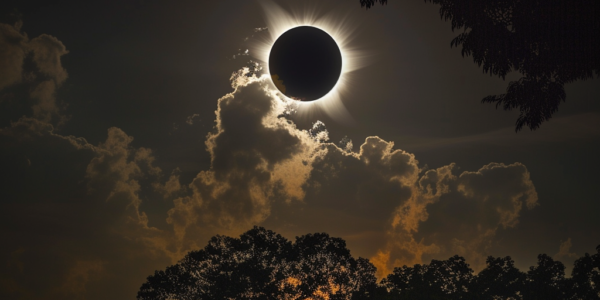Celestial Events to Dazzle the Night Sky This Week
This week, the night sky is set to dazzle with celestial events as Earth crosses paths with Halley’s Comet trail and Neptune makes a special appearance. From meteor showers to planetary alignments, there’s plenty to look forward to in the world of astronomy. The highlight of the week culminates on Sunday with the peak of the Eta Aquariid meteor shower, anticipated to produce around 20 to 30 meteors per hour, promising a mesmerizing display for sky watchers.
Celestial Events to Watch for in April
April is a fantastic month for stargazing enthusiasts as the night sky offers a plethora of celestial wonders to behold. From the First Quarter Moon in Gemini to the Moon and Regulus alignment, and the Jupiter and Uranus conjunction, there are plenty of celestial events to observe this week. Don’t miss the chance to witness Comet Pons-Brooks at its brightest on Sunday!
Lyrid Meteor Shower Set to Light Up the Night Sky
The Lyrid meteor shower, one of the oldest known meteor showers, is set to light up the night sky starting next week. This annual event will begin on Monday and continue through April 29, with its peak expected in the late evening of April 21 through dawn on April 22. First recorded by the Chinese in 687 BC, the Lyrid meteor shower is a spectacle that can be observed by people across the world.
Rare Active Asteroids Challenge Solar System Theories
Rare asteroids showing unusual active properties challenge existing theories about the solar system. The Active Asteroids project, led by University of Washington scientist Colin Orion Chandler, has discovered 15 of these rare asteroids with the help of over 8000 volunteers. These active asteroids possess traits that blur the lines between asteroids and other celestial objects, presenting new opportunities for insights into solar system evolution, planet formation, and the origins of water on Earth.
‘Devil Comet’ 12P Approaching Sun Ahead of Total Solar Eclipse
Comet 12P, also known as the ‘Devil Comet,’ is making its way towards the Sun in preparation for the total solar eclipse on April 8. This rare celestial event promises to captivate sky gazers with its vibrant display and unique features.
Celestial Wonders of the Night Sky This Week
Discover the celestial wonders of the night sky this week, from the equilateral Winter Triangle to the unique Beehive Star Cluster. Don’t miss the captivating celestial event of Algol, a binary star system in the constellation Perseus, and the transition to daylight saving time on Sunday. The Gemini twins, Pollux and Castor, also offer a fascinating view for observers in the world’s mid-northern latitudes. Don’t miss out on the captivating beauty of the cosmos this week!
March 2024: Devil Comet, Worm Moon, Juno Asteroid, and More Celestial Events
Get ready for a celestial spectacle in March 2024, featuring the Devil comet, Worm Moon, Juno Asteroid, a Lunar Eclipse, and more! From a rare glimpse of the massive asteroid 3 Juno to the annual Messier Marathon, this month offers plenty of opportunities for sky-watching enthusiasts. Don’t miss out on the chance to witness these astronomical events and expand your sky-watching circle!
Groundbreaking Discovery in Winchcombe Meteorite
Scientists have made a groundbreaking discovery in the Winchcombe meteorite, identifying key nitrogen compounds, including amino acids and hydrocarbons, without chemical treatments, using a novel detector design. This finding is significant for research into life’s origins on Earth and has been facilitated by a high-resolution electron microscope at the SuperSTEM laboratory. The research team, in collaboration with British colleagues, has demonstrated, with a high degree of precision, the existence of important nitrogen compounds in the meteorite, including amino acids and heterocyclic hydrocarbons, without applying any chemical treatment, using a new type of detector design. The results of this study have been published in the journal Nature Communications.
Asteroid Ryugu’s Organic Compounds Could Provide Insights into Origin of Life
Astronomers have made a groundbreaking discovery that could potentially provide insights into the origins of life. The researchers have found evidence of carbon-rich organic compounds on the surface of an asteroid called Ryugu. This discovery has raised the possibility that…
Next Total Solar Eclipse Set for April 2024
Mark Your Calendars: The Next Total Solar Eclipse Is Happening in April 2024 Get ready to witness a celestial marvel! The next total solar eclipse is set to occur on Monday, April 8, 2024. This extraordinary event will mark the…

